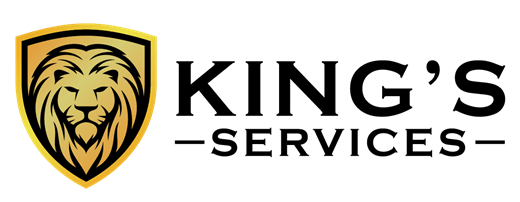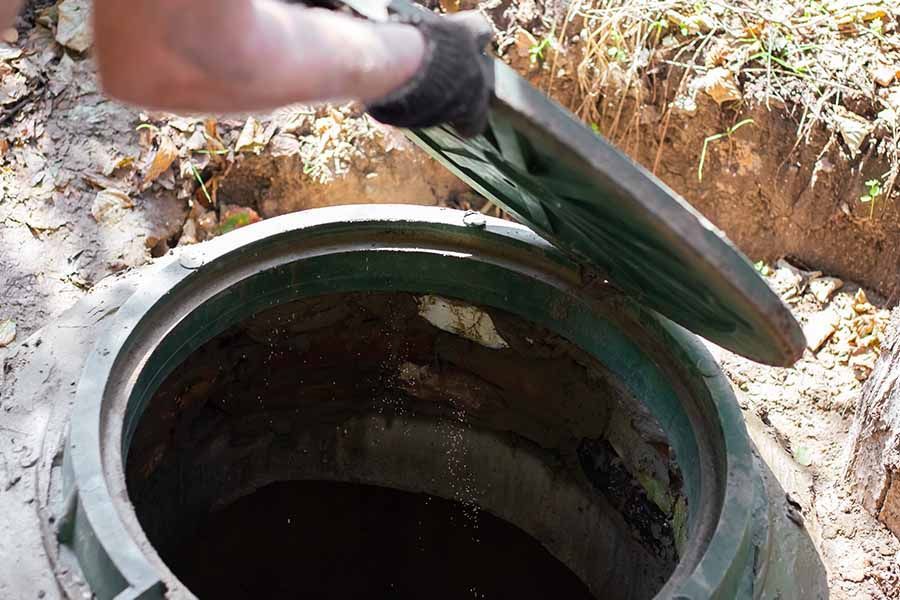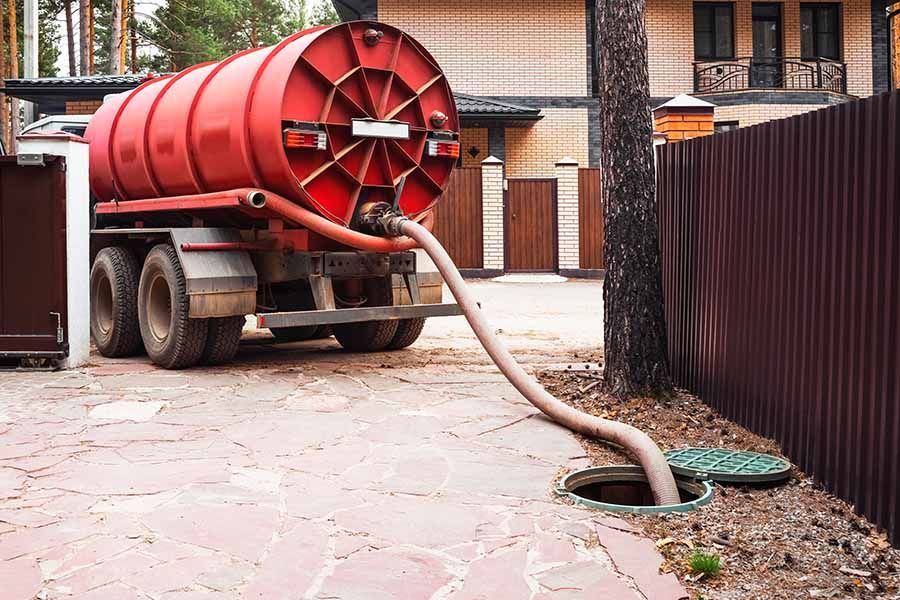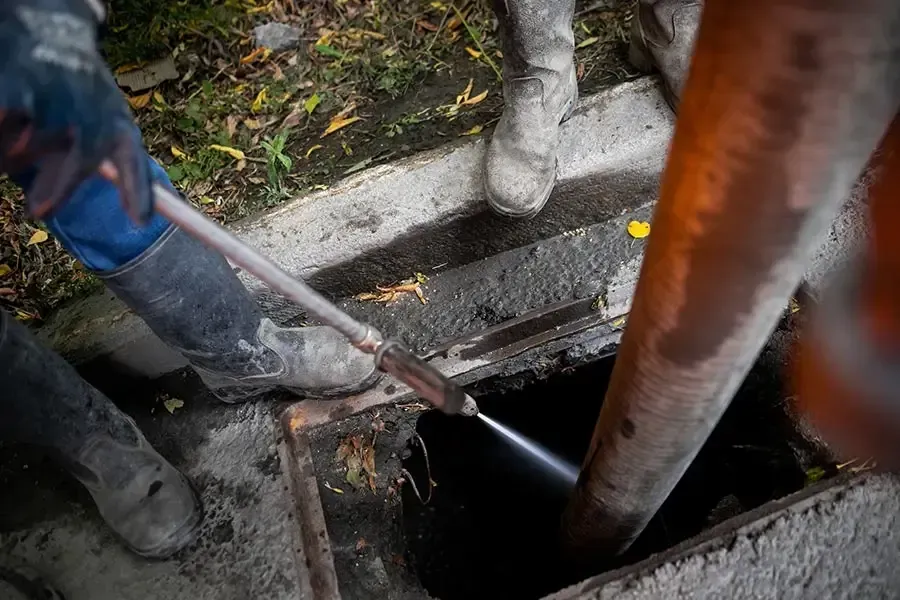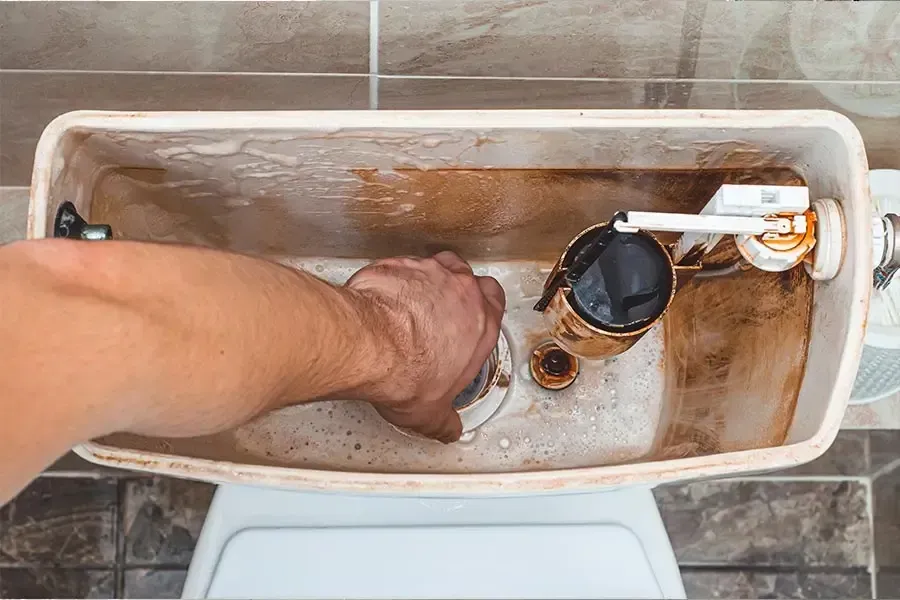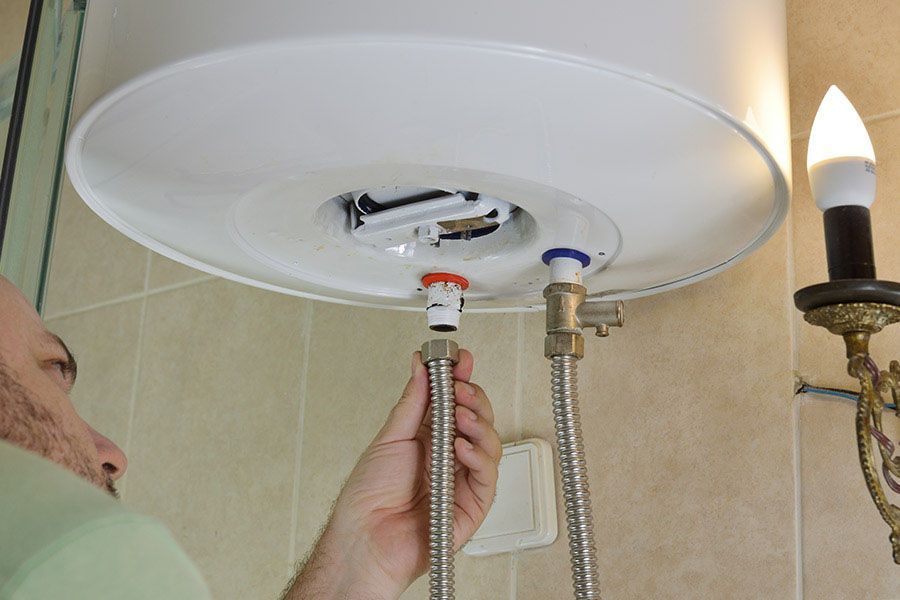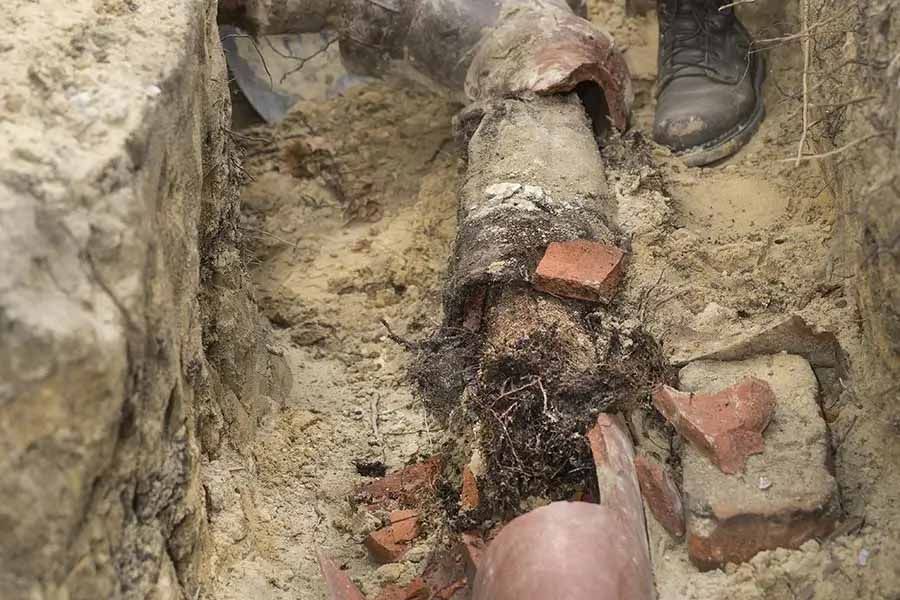Knowing how to prevent pipe bursts in the winter can save homeowners lots of money. Burst pipes can result in thousands of dollars of damage.
Besides needing to repair your pipes, you may also need to combat water damage. This water damage itself can lead to further problems like mold.
Pipes freeze and burst during winter because water entering your home from the outside is much colder than in the summer months. This cold water can lead to frozen pipes, and as your water pipes start to contract, they can burst.
You may need to call Oakbank's trusted plumbing company for severe messes. However, you can also apply these valuable tips to prevent frozen and bursting pipes.
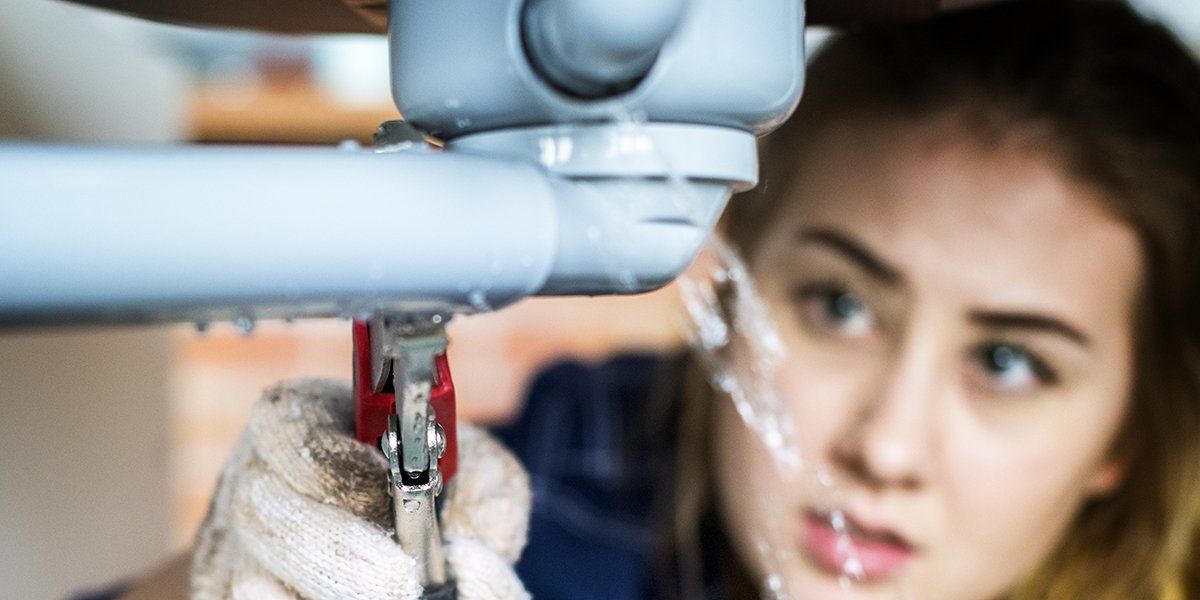
1. Keep Your Heating System On
Generally, most homeowners will keep their heating system on during winter anyway. However, some homeowners may save money by turning their heat off at night or restricting heat to rooms they're currently not using.
Reducing your heating system's usage can slash that monthly energy. However, you may end up freezing your pipes in the process.
2. Keep Your Cabinet Doors Open
Most kitchen sinks are on an outside wall, and leaving your cabinet doors open invites warm air to flow into your cabinet. You can also keep other interior doors throughout your home open. Doing so allows warm air to circulate better.
3. Keep Your Water Faucets On
During those freezing nights, it's wise to have one or two faucets running. Having a faucet running will keep water flowing throughout your pipes, limiting the chances of your water lines freezing. Of course, you don't need to run your faucet at full power, either.
4. Drain Your Outside Water Lines
Your outside water lines typically lie in uninsulated and unheated regions. This fact makes them particularly vulnerable to freezing over. So before winter approaches, turn them off and drain them.
5. Disconnect Your Hose From Your Outdoor Faucet
Knowing how to prevent pipe bursts in the winter includes disconnecting your hose from your outdoor faucet. Leaving any hose connected means your hose bib cannot correctly drain water. Your hose can then freeze over and break.
6. Install Some Heat Tape
You can install heat tape, which will help warm your pipes during winter. It's possible to treat installing heat tape as a DIY project. However, you should call a Winnipeg plumber for the best results.
7. Seal Any Leaks That Could Be Inviting Cold Air
Your home or business may have small holes or cracks allowing warm air to escape and cold air to enter. Besides boosting your monthly energy bill, these leaks can cause your pipes to freeze and burst.
The most problematic areas are dryer vents, electrical wiring, exterior walls, and pipes. Install insulation or apply some caulk to prevent cold air from entering. Unfortunately, even a minor leak can cause issues during freezing temperatures.
8. Prepare Your Home When You Leave
Some homeowners love Canadian winters, but many others see them as a chance to take a vacation. So whether traveling to see family or escaping to Cancun, you'll need to prepare your home before your departure. Some measures you can take are:
- Turn off your primary water source to drain your pipes.
- Turn off every tap and flush your toilets.
- Disconnect your washing machine hoses and properly drain them.
- Drain your hot water tank, shut off your inlet valve, connect a hose to your tank drain, and run water to your basement floor drain.
- Open your interior doors, including your kitchen, cabinets, bathroom, and attic doors.
- Have a friend or family member check on your house periodically.
9. Check Your Home's Interior Temperature
Your home's interior temperature should always stay above 12 degrees Celsius. Many homeowners install a smart thermostat to aid them with this process. You can even control your smart thermostat remotely.
10. Have a Plumber Inspect Your Home
Homeowners can do many DIY tasks to prevent their pipes from freezing and bursting. However, knowing how to prevent bursts in the winter means knowing when to call professional help.
An expert plumber can inspect problem areas, including your crawl space, to detect potential conditions that can lead to pipes bursting. They can also advise you on how to stop pipes from bursting, and they can install repairs if necessary.
Signs You Have Frozen Pipes
There's no denying how brutal winters can be in Winnipeg and all of Canada. Even with the best safety measures in place, frozen pipes can occur. The first sign that you may have frozen pipes is if no water flows out of your faucet.
Next, ensure water is still flowing and that your basement doesn't have a leak. If you don't spot a leak, you'll want a plumber to conduct a more thorough inspection. If you have frozen pipes, you'll need to thaw them out. In most scenarios, it's better to have a plumber handle this task.
Why Shouldn't I Thaw Out My Pipes Myself?
During a nasty storm or cold spell, your pipes may freeze despite your best efforts. To save money, many Winnipeg residents wonder if they can handle the issue themselves. There are DIY guides online that you can follow, but you generally shouldn't try them for the following reasons:
- You can cause more damage: You may not have the best tools to thaw your pipes. Besides wasting time, you can also cause more damage to your water lines.
- You might not be able to reach your pipes: Some pipes are hard to get to, and you may not even know where the frozen pipe is.
- You may void a warranty: Some pipes or pipe installations have a warranty. However, unprofessional tampering with your pipes can make this warranty void.
Call Our Professional Plumbing Team Today
Dealing with frozen or bursting pipes during winter can be frustrating. However, King's Services is here to make the process much easier.
Call our team at 204-633-9010 to learn how to prevent pipe bursts in the winter. You can also discover common plumbing problems in old homes.

